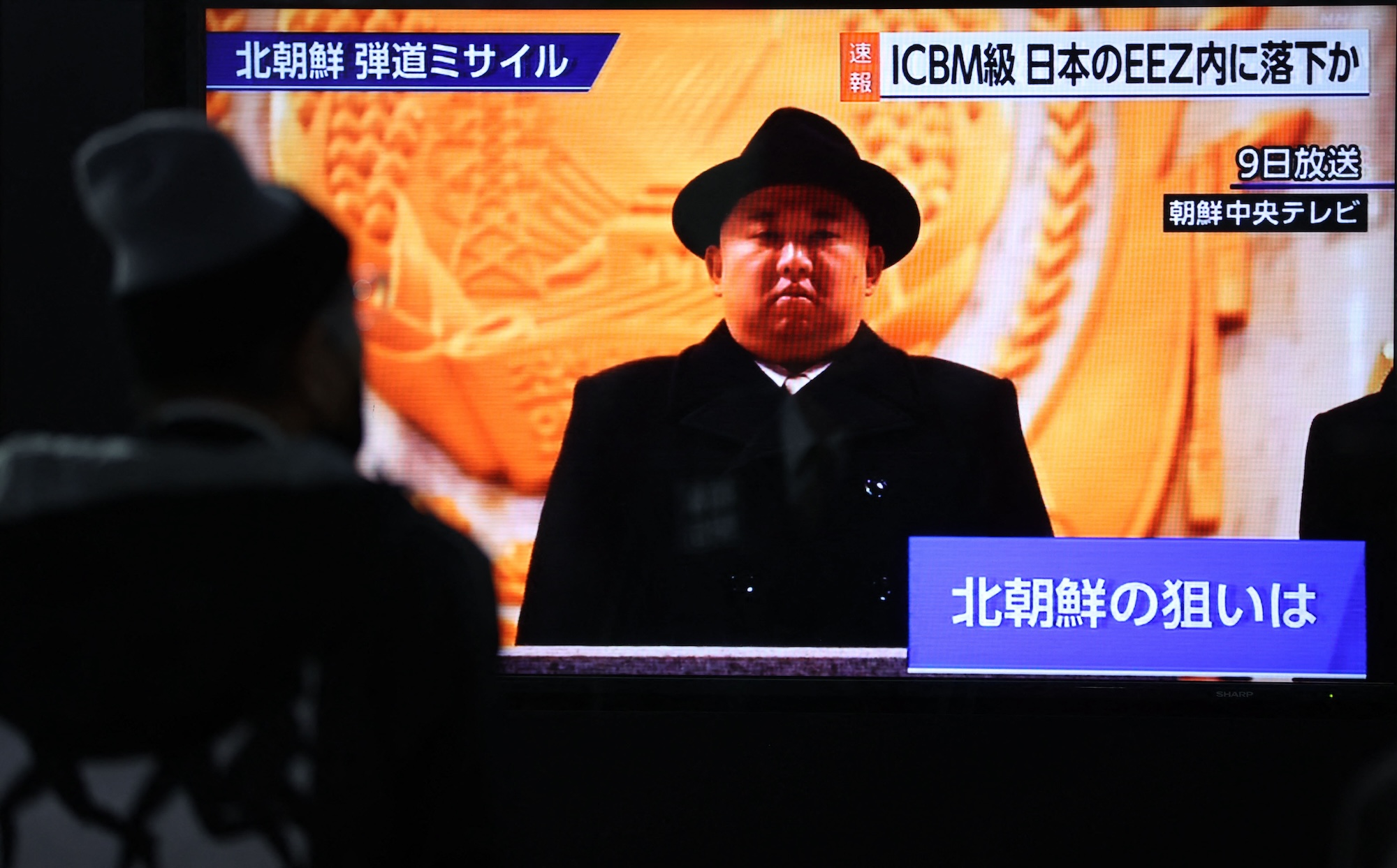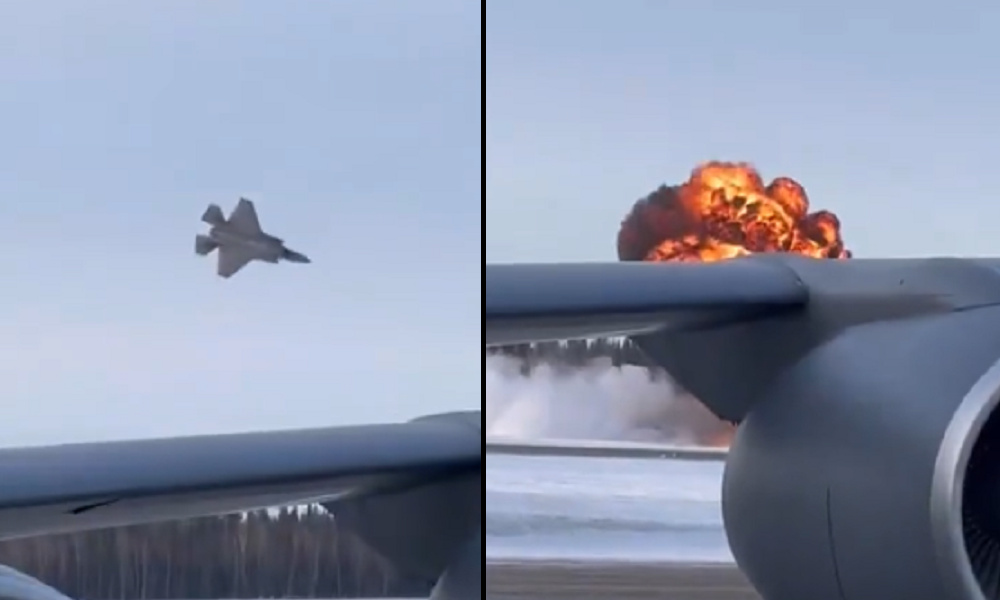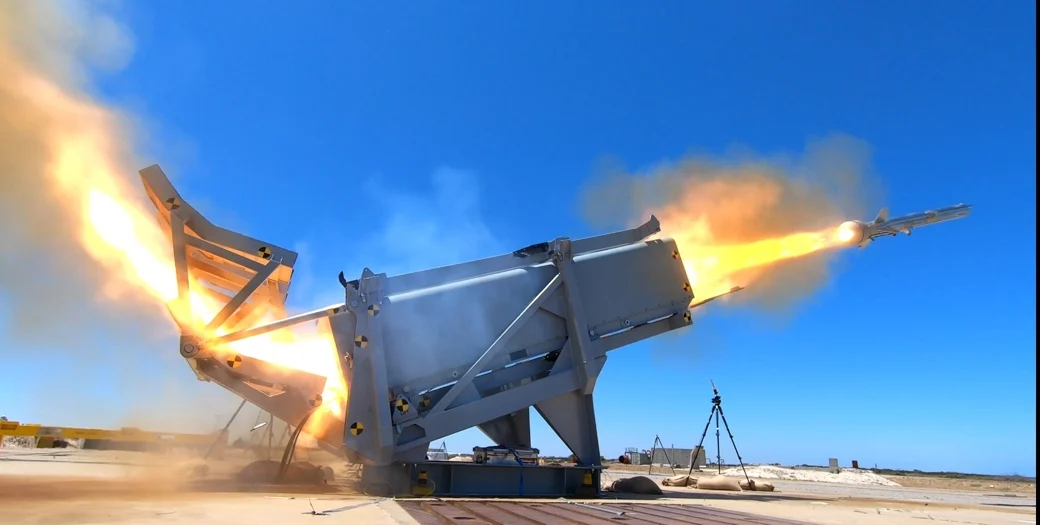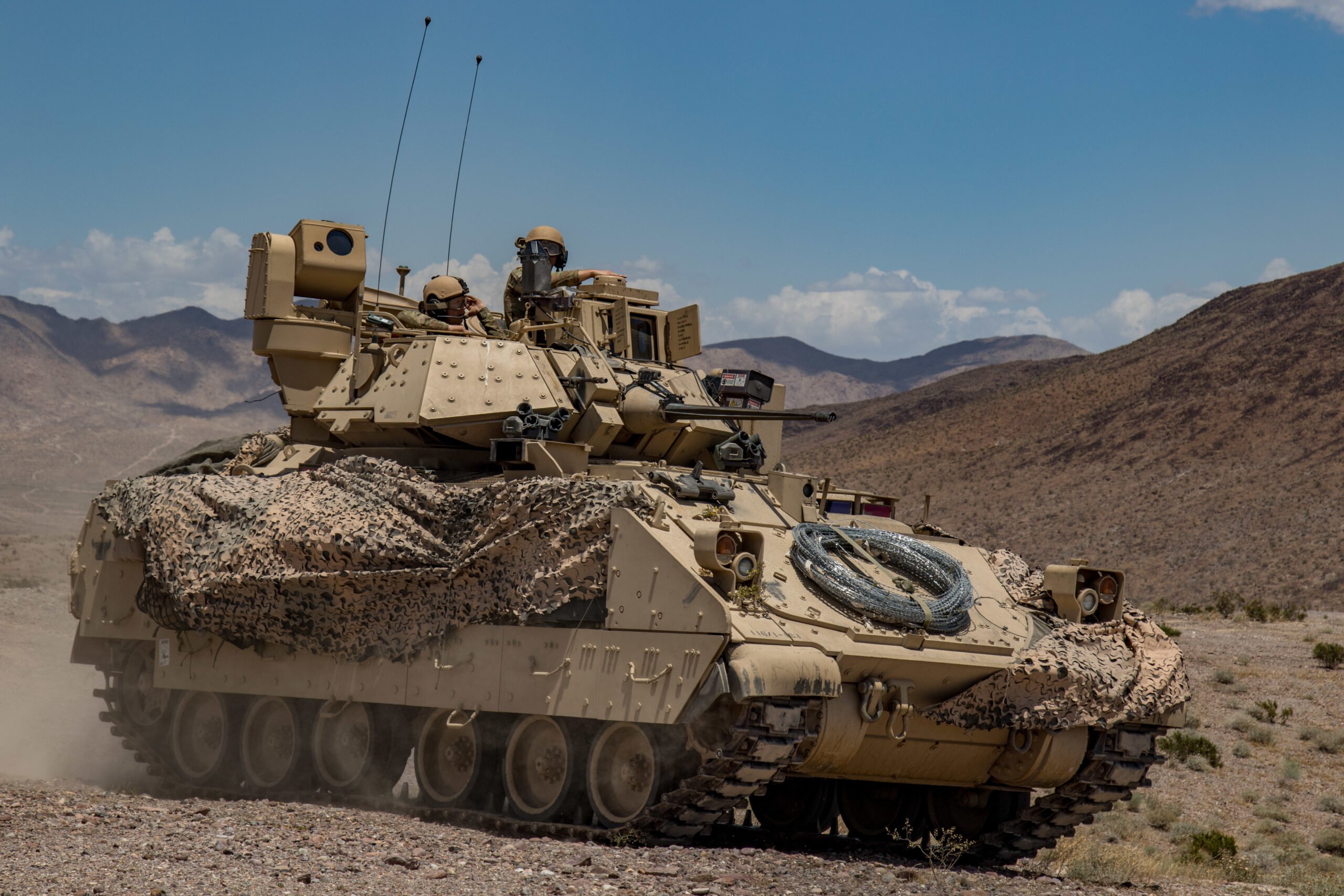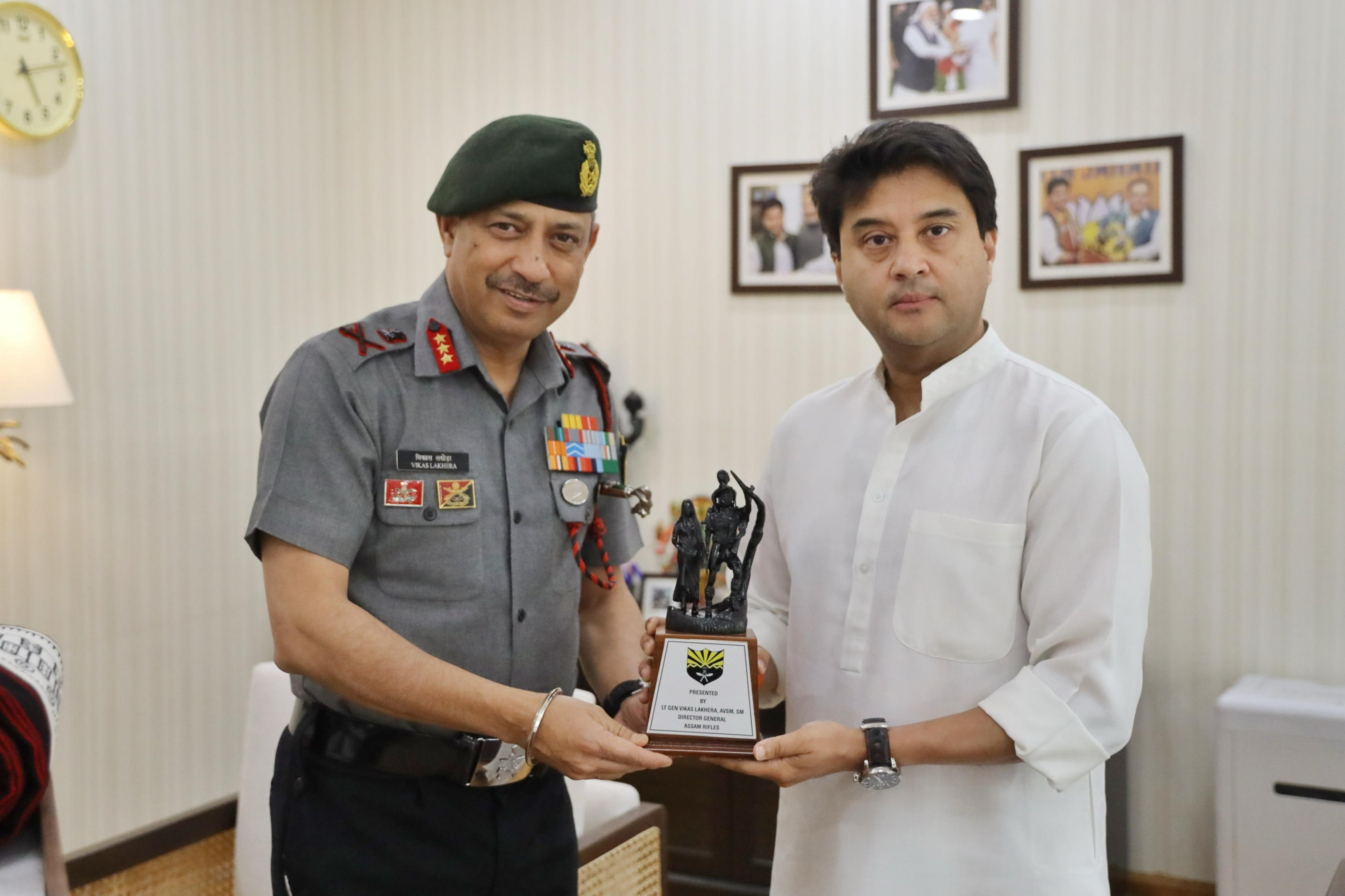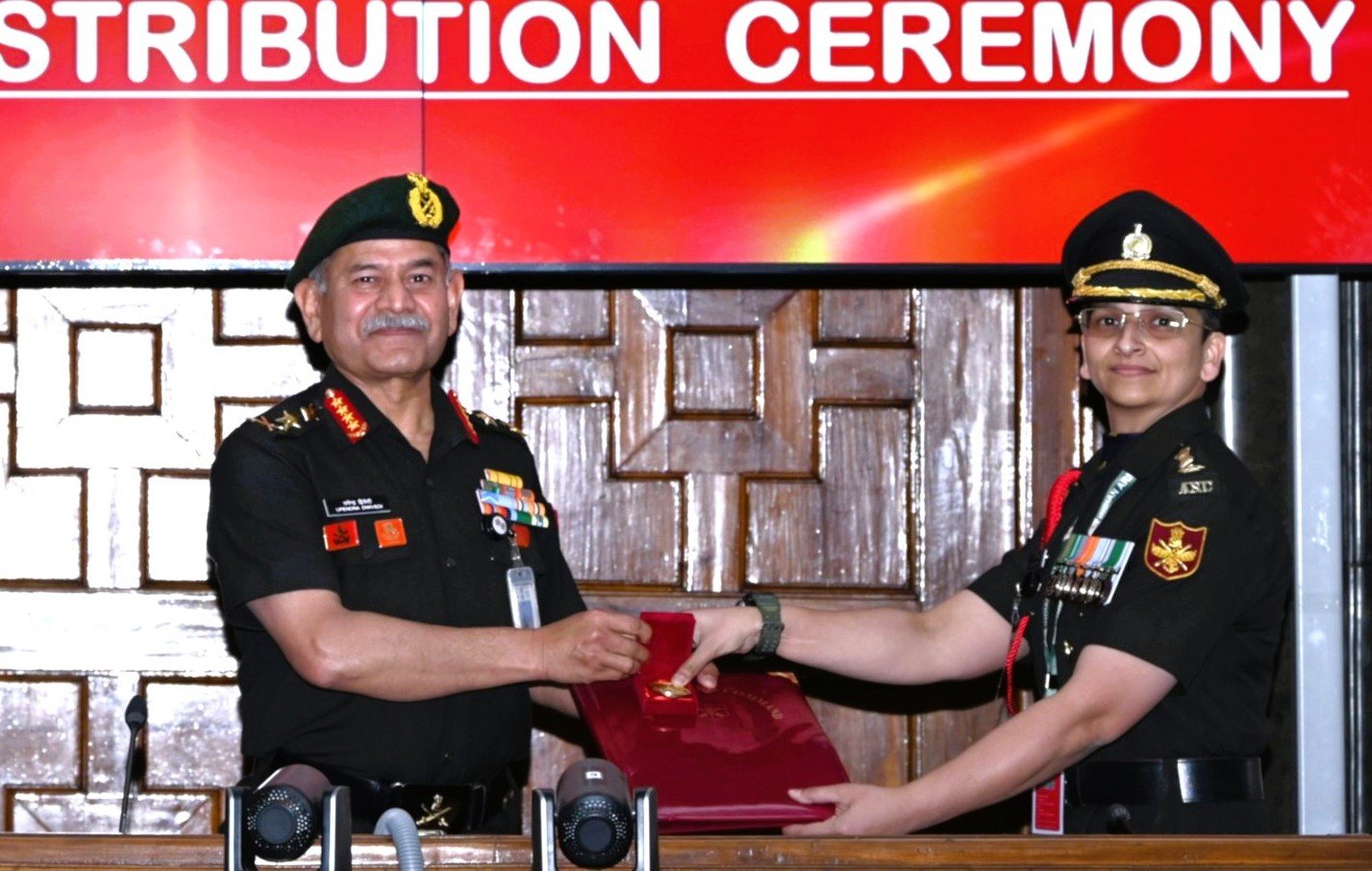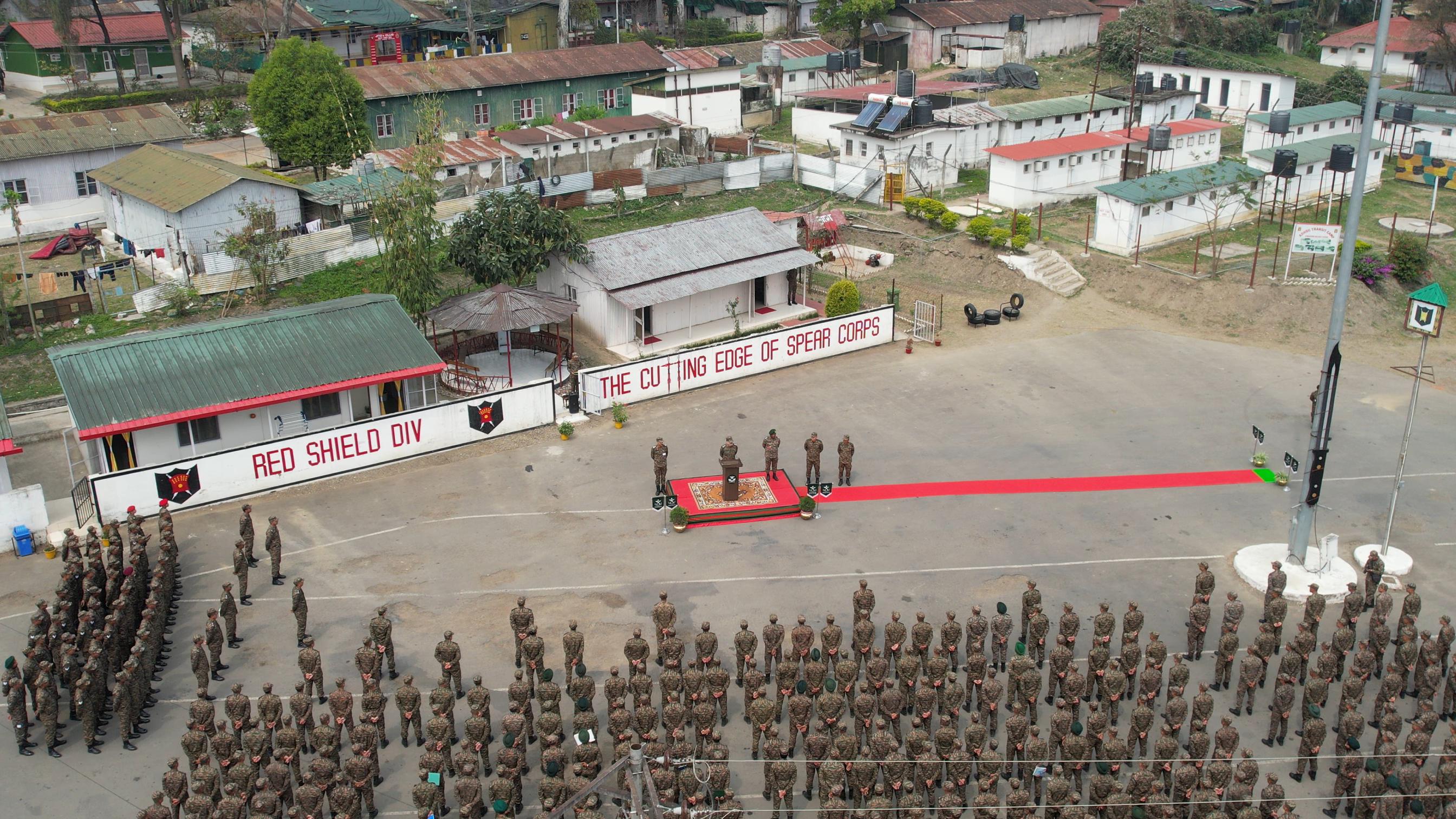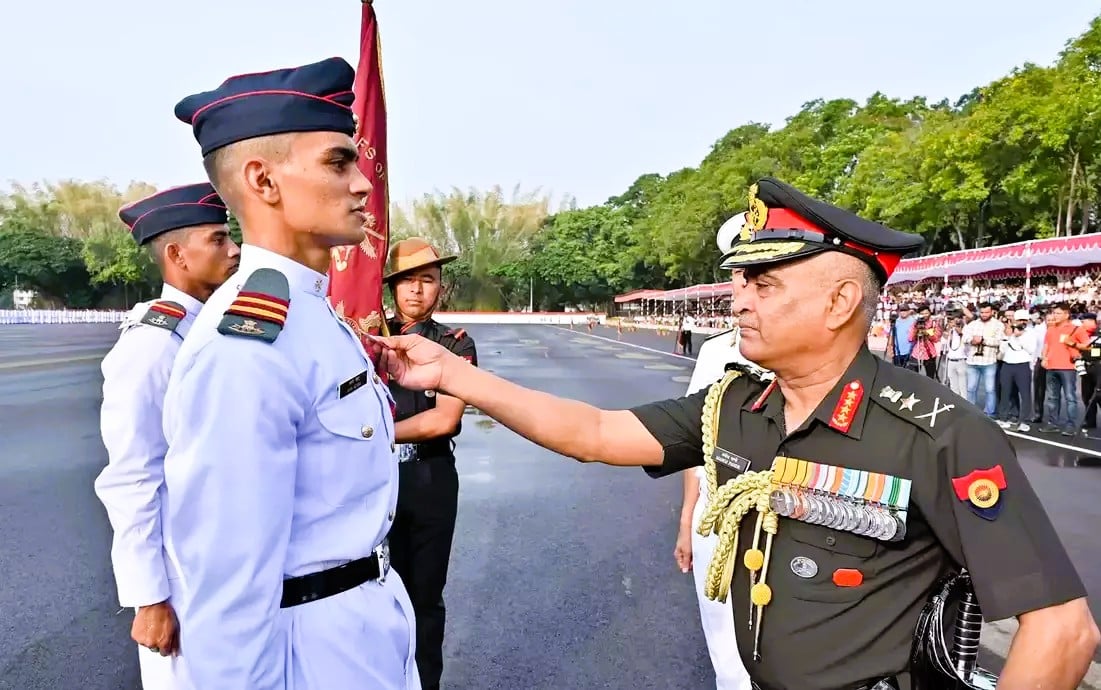North Korea has initiated a series of GPS jamming attacks over the weekend, affecting shipping and civilian aviation operations in South Korea, as confirmed by Seoul’s military officials. The jamming incidents reportedly took place in the regions of Haeju and Kaesong, coinciding with heightened tensions following North Korea’s recent test of what it claims is its most advanced solid-fuel intercontinental ballistic missile (ICBM). This missile launch was the North’s first since allegations emerged regarding its support of Russian military efforts in Ukraine.
In response to these provocations, South Korea demonstrated its military readiness by firing a ballistic missile into the sea. This action was part of a broader effort to communicate its determination to respond decisively to any aggression from the North. The South’s joint chiefs of staff highlighted that numerous ships and civilian aircraft experienced operational disruptions due to the jamming, prompting a warning to those operating in the Yellow Sea. They called for an immediate cessation of North Korean GPS jamming, reiterating that the North would be held accountable for any ensuing consequences.
The current hostilities mark a significant low in inter-Korean relations, with North Korea conducting a series of missile launches that contravene United Nations sanctions. Furthermore, it has retaliated against perceived propaganda efforts from South Korea by sending balloons carrying refuse into the South. Although South Korean military officials indicated that previous attempts at GPS jamming in May did not hinder their operations, the escalation of attacks raises concerns regarding safety and stability.
Military analysts have noted that jamming actions present a substantial risk of complicating air traffic and could potentially lead to severe incidents, including aircraft accidents. The motivations behind North Korea’s jamming remain uncertain, with some speculating that it could be an attempt to distract from their troop movements, create psychological stress among South Korean citizens, or respond to South Korean military exercises.
Additionally, North Korea’s involvement in the conflict in Ukraine has intensified, with assertions from Seoul and Western intelligence suggesting that it has dispatched approximately 10,000 troops to support Russian efforts. Such developments have triggered significant apprehension in both South Korea and Ukraine, with South Korea’s government emphasizing that the deployment of its troops to Europe would constitute a major escalation in regional tensions.
In light of these developments, President Yoon Suk Yeol of South Korea indicated this week that the country is reconsidering its long-standing policy of not supplying arms to conflict zones, particularly in response to North Korea’s military assistance to Russia. Concurrently, reports emerged of increased cyberattacks from pro-Russian groups on South Korean targets, aligning with the heightened military collaboration between North Korea and Russia. These incidents underline the complex and rapidly evolving nature of security dynamics on the Korean Peninsula and beyond.

